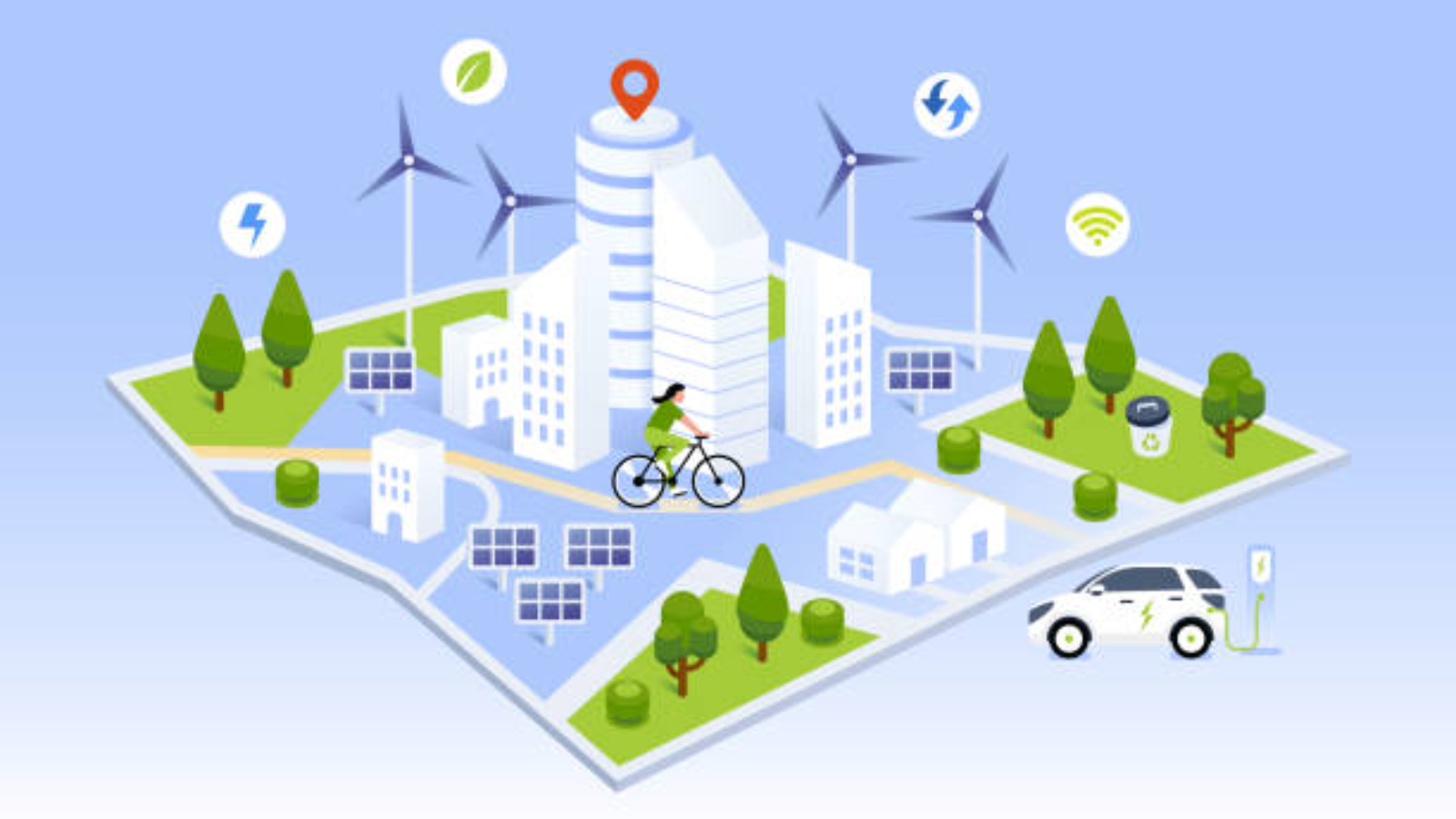In this Article
Introduction
Smart cities represent the future of urban living, where technology and data are harnessed to create more efficient, livable, and sustainable environments. From reducing traffic congestion to improving public services, the potential benefits of smart cities are immense. However, realizing this potential requires a strategic approach and adherence to best practices. In this article, we will delve into the key best practices for smart city development, providing a roadmap for city planners, policymakers, and stakeholders.
Best Practices for Smart City Development
By following these best practices, cities can effectively navigate the complexities of smart city development, laying the foundation for a more sustainable future. Embracing these strategies not only enhances urban infrastructure and efficiency but also fosters innovation and improves the quality of life for residents. By prioritizing sustainability and leveraging technology, cities can ensure they are well-equipped to meet the challenges and opportunities of the modern urban landscape.
1. Prioritize Citizen-Centric Design
One of the fundamental principles of smart city development is putting citizens at the center of the design process. After all, the primary goal of a smart city is to enhance the quality of life for its residents. Here are some key considerations:
- Engage with the Community: citizens in the planning and decision-making process. Conduct surveys, hold public forums, and use digital platforms to gather feedback and understand their needs and preferences.
- Accessibility and Inclusivity: Ensure that smart city solutions are accessible to all residents, including those with disabilities and marginalized communities. This includes designing public spaces, transportation systems, and inclusive digital services.
- Data Privacy and Security: Prioritize the protection of citizens’ data. Implement robust data privacy policies and security measures to build trust and ensure that personal information is safeguarded.
2. Implement Sustainable Practices
Sustainability is a cornerstone of smart city development. By adopting environmentally friendly practices, cities can reduce their carbon footprint, conserve resources, and create healthier living environments. Key sustainable practices include:
- Green Infrastructure: Invest in green infrastructure such as parks, green roofs, and urban forests. These not only enhance the aesthetic appeal of the city but also improve air quality and provide recreational spaces for residents.
- Renewable Energy Sources: Promote the use of renewable energy sources such as solar, wind, and hydroelectric power. Implement smart grids to optimize energy distribution and reduce wastage.
- Efficient Waste Management: Develop efficient waste management systems that promote recycling and reduce landfill waste. Implement smart waste bins that can monitor and optimize waste collection routes.
3. Leverage Technology and Data Analytics
Technology and data analytics are the backbone of smart city development. By harnessing the power of technology, cities can improve efficiency, reduce costs, and enhance the quality of public services. Key technological practices include:
- IoT Integration: Deploy Internet of Things (IoT) devices to collect real-time data on various aspects of the city, such as traffic, air quality, and energy consumption. Use this data to make informed decisions and optimize city operations.
- Smart Transportation Systems: Implement smart transportation systems that use data analytics to manage traffic flow, reduce congestion, and improve public transportation services. This can include smart traffic lights, real-time transit information, and ride-sharing platforms.
- Digital Governance: Embrace digital governance by providing online platforms for citizens to access public services, pay bills, and participate in decision-making processes. This enhances transparency and convenience for residents.
4. Foster Collaboration and Partnerships
Smart city development is a collaborative effort that requires the involvement of various stakeholders, including government agencies, private sector companies, and academic institutions. Key collaborative practices include:
- Public-Private Partnerships: Foster partnerships between the public and private sectors to leverage resources, expertise, and technology. This can include joint ventures, funding initiatives, and research collaborations.
- Interdepartmental Coordination: Ensure that different government departments and agencies work together seamlessly. This involves sharing data, aligning goals, and coordinating efforts to achieve common objectives.
- International Collaboration: Engage with international organizations and other smart cities to share best practices, learn from each other’s experiences, and collaborate on global initiatives.
Conclusion
Smart city development is a complex and multifaceted endeavor that requires careful planning, collaboration, and a focus on sustainability and inclusivity. By prioritizing citizen-centric design, implementing sustainable practices, leveraging technology and data analytics, and fostering collaboration and partnerships, cities can create environments that are not only smart but also livable and resilient. As we move towards a future where smart cities become the norm, adhering to these best practices will be crucial in ensuring their success.
How Can We Help?
At AlphaX, we recognize the complexities inherent in smart city development. Our ecosystem is tailored to meet these challenges with a holistic range of solutions. Whether it’s integrating IoT and harnessing data analytics, building sustainable infrastructure, or enhancing digital governance, we deliver the essential tools and expertise required to empower urban transformation into smart cities. To learn more about how we can help, visit our contact page.
References
Related Blog Posts
How Smart Cities Connect: Getting Started with Edge AI and IoT Technology
How to Get Started with Edge AI and IoT Technologies in Smart Cities: Overcoming Integration Challenges In recent years, the concept of smart cities has evolved from a futuristic Read More
5 Step Strategy: Ensuring Security and Privacy in 15-Minute Smart Cities
Introduction Ensuring security and privacy in 15-minute smart cities is a critical challenge as urban areas become increasingly connected through IoT and edge AI technologies. These cities aim to Read More
What is a smart city and the challenge of legacy systems
How to Get Started with Integrating Legacy Systems in Smart Cities Smart cities are transforming urban landscapes by leveraging technology to improve the quality of life for residents. However, Read More




